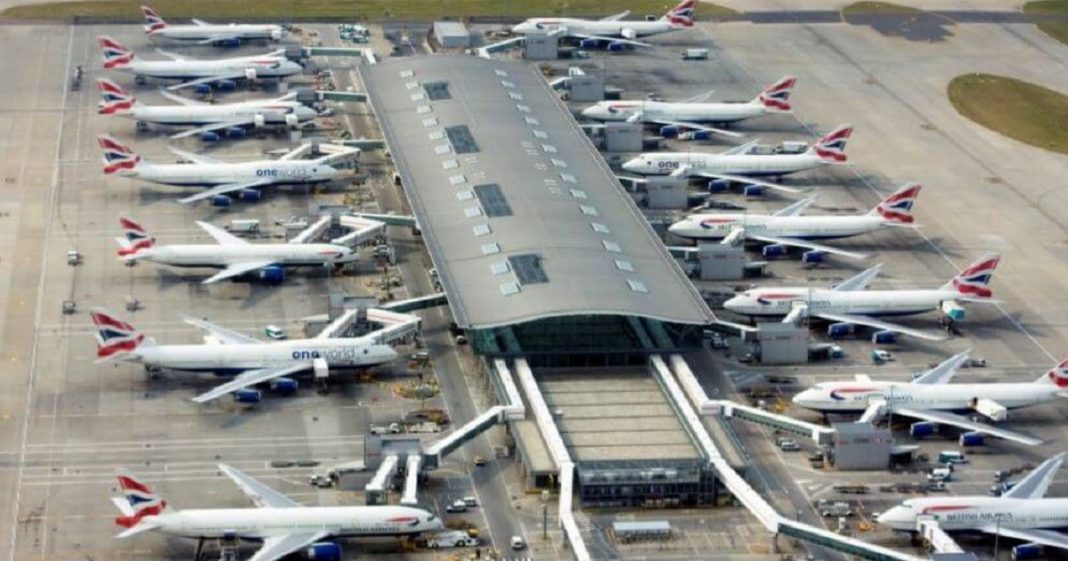Dozens of countries risk running out of vaccines for diseases like measles because of restrictions on flights brought in to tackle the new coronavirus, the United Nations warned on Friday.
The UN children’s agency UNICEF called for support to unlock a massive backlog in vaccine shipments.
It said the delays had been caused by “unprecedented logistical constraints” linked to lockdowns and other measures put in place to halt the spread of COVID-19, which has killed more than 233,000 people and infected nearly 3.3 million in a matter of months.
Read more: ‘Epidemic of misinformation’ more dangerous than coronavirus: UN chief
But UNICEF and other organizations have warned that a drop in routine vaccinations could fuel other, potentially deadlier outbreaks of a range of diseases.
Grounded flights threaten routine vaccine supply: UN https://t.co/jDg9ghARlf
— Devdiscourse (@Dev_Discourse) May 1, 2020
UNICEF said in 2019 it had procured 2.43 billion doses of vaccines for 100 countries, to reach around 45 percent of all children worldwide under the age of five.
But since the week of March 22, the agency has seen a 70-80 percent reduction in planned vaccine shipments because of the sharp decline in commercial flights and limited availability of charter flights, spokeswoman Marixie Mercado told journalists in an online briefing.
“Dozens of countries are at risk of stock-out due to delayed vaccine shipments.”
She warned that 26 countries, mainly in Africa but also several Asian countries like North Korea and Myanmar, were particularly at risk.
Read more: Coronavirus infections in the US reach 1 million: J Hopkins University
The cost of securing space on the few flights available has soared, with freight rates now up to 200 percent above normal prices, she said.
“Countries with limited resources will struggle to pay these higher prices, leaving children vulnerable to vaccine-preventable diseases,” Mercado said, citing polio and measles.
Five of the countries most at risk were hit with outbreaks of measles — a highly contagious, sometimes fatal viral infection, she said.
Mercado warned that even before the pandemic, vaccines for measles, polio, and other diseases were out of reach for some 20 million children under the age of one every year.
“Disruptions in routine immunization, particularly in countries with weak health systems, could lead to disastrous outbreaks in 2020 and well beyond,” she said.
Flights restrictions
As the coronavirus epidemic unfolded worldwide, major airlines have halted the flight operations which is causing a disruption of essential materials.
In recent weeks, many countries around the world, including the United States, have imposed travel restrictions to help curb the spread of the coronavirus. Airport closures, the suspension of all incoming and outgoing flights, and nationwide lockdowns are just some of the measures countries are adopting in an effort to help contain the pandemic.
At least 93 percent of the global population now lives in countries with coronavirus-related travel restrictions, with approximately 3 billion people residing in countries enforcing complete border closures to foreigners, according to recent analysis by the Pew Research Center.
This list of countries and territories that have restricted travel, pulled from official government reports and the State Department, will be updated as new measures are announced.
AFP with additional input from GVS News Desk.














